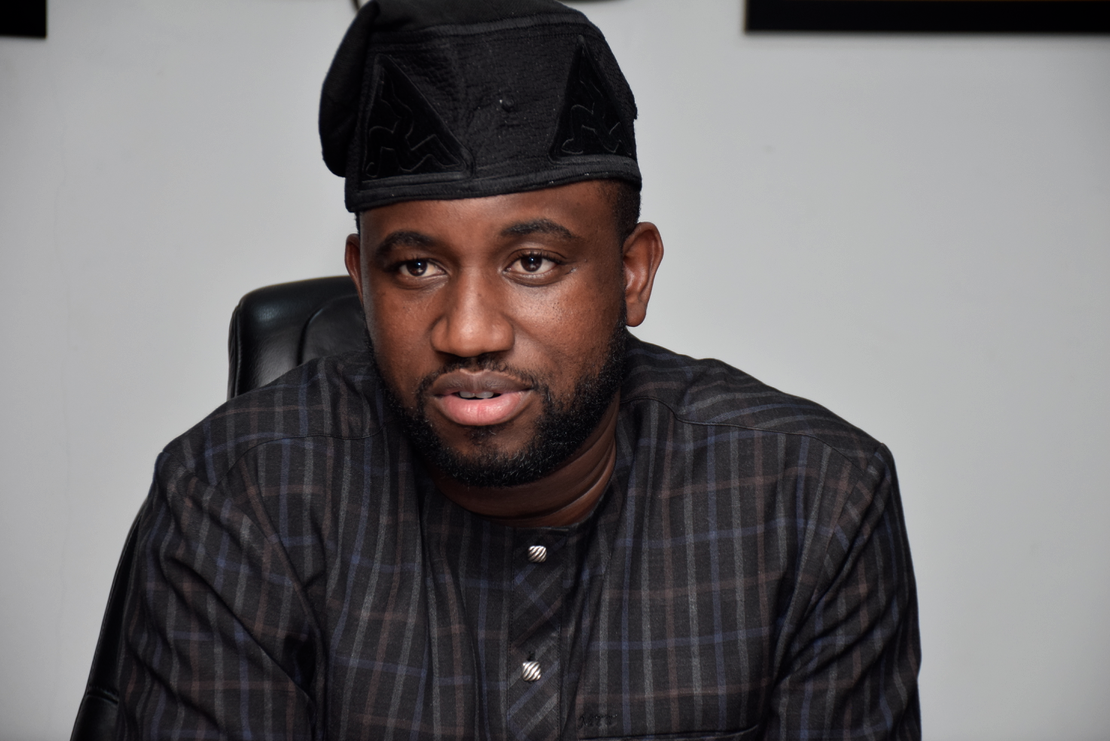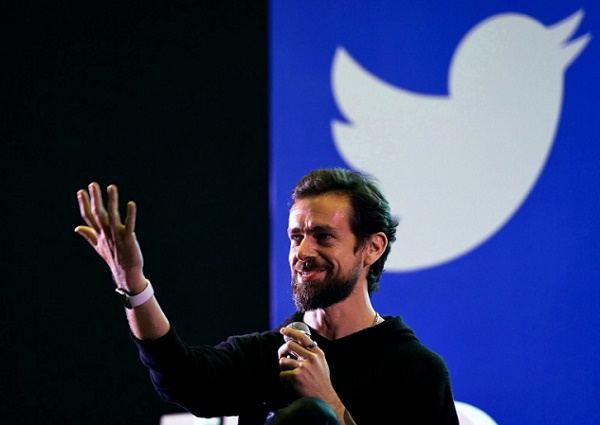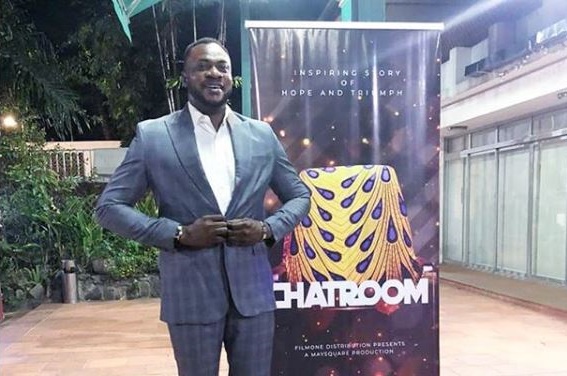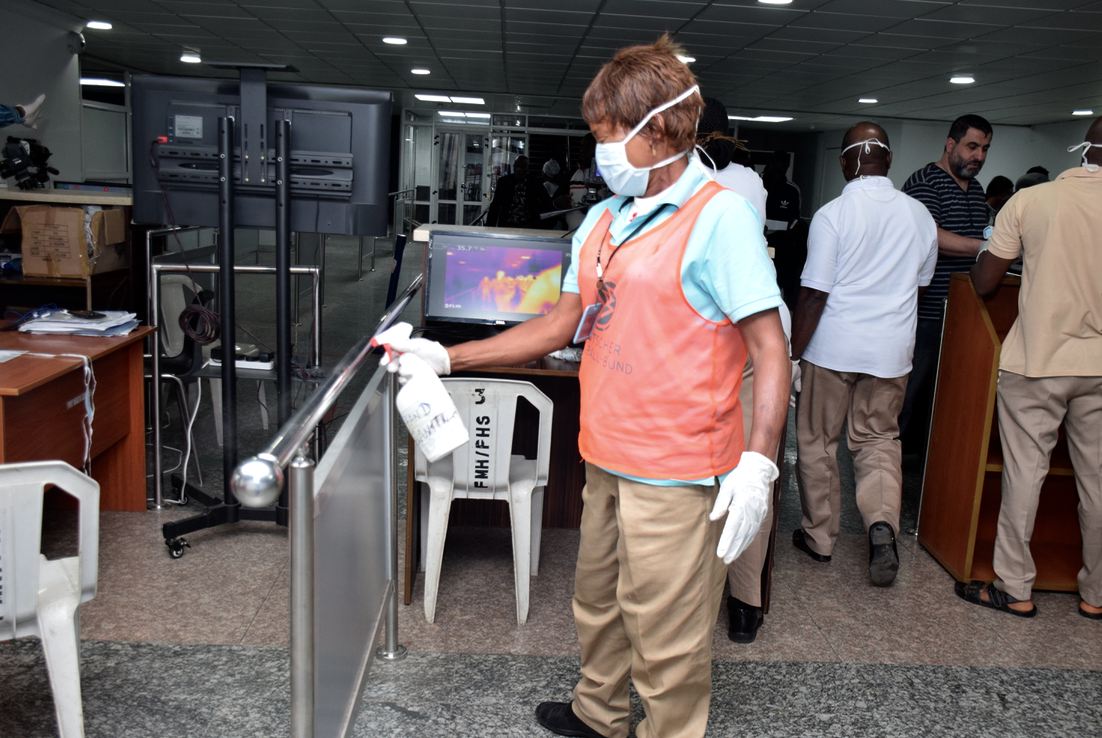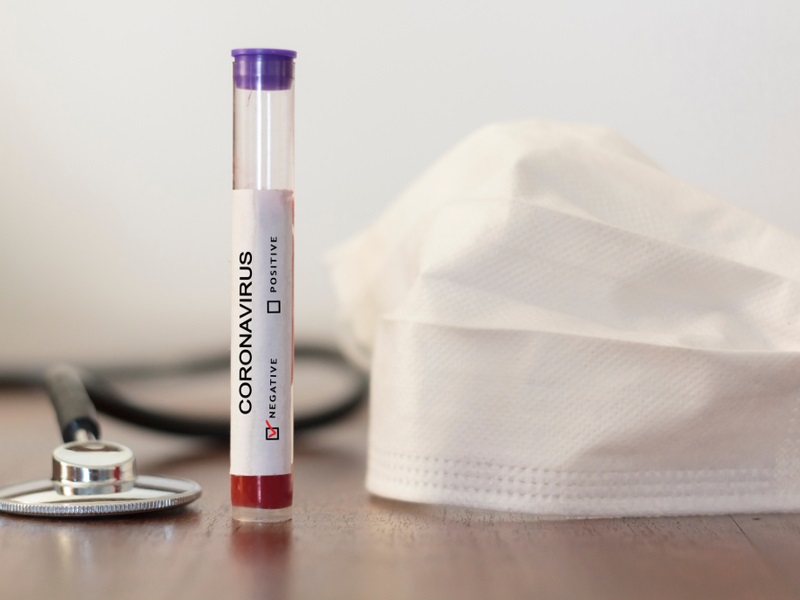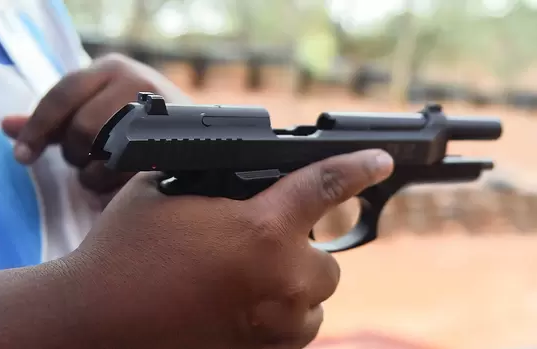The Lagos State Electricity Board (LSEB) was established in 1980 to design, execute and maintain lighting projects across the state. The agency which is under the ministry of energy and mineral resources is also responsible for energy development and creation of independent power projects. Between 2011 and 2015, it inaugurated four power plants (Island, Alausa, Mainland and Peninsula Power) and one transformer factory.
In this interview, Mukhtaar Tijani, its general manager, spoke about the expansion project of the public lighting initiative in the state and how the agency is working to provide solutions for residents not covered by the national electricity grid. Tijani was appointed in 2019 after four years as special assistant on power in the office of the vice-president.
TheCable: What is your background in the power sector?
Tijani: I trained as a petroleum engineer and started off my career in the oil and gas sector as a field engineer in the drilling segment. However, I read geology at the University of Houston and petroleum engineering at the University of Oklahoma in the US. I went further to obtain postgraduate certificates in the regulation of the power sector from the Florence School of Regulation, Italy, and managing power sector reform and regulation at the University of Cape Town, South Africa.
Advertisement
I began my career at Schlumberger Oilfield Services and rose to the position of senior field engineer, after which I moved to Kinley Exploration as a senior engineer.
While on field assignments, we had to essentially source our own power generation on site because they are usually in remote areas which coincidentally spurred my interest in electricity. Few years after, I moved back to Nigeria from the US and observed the electricity sector probably had the most opportunity for development.
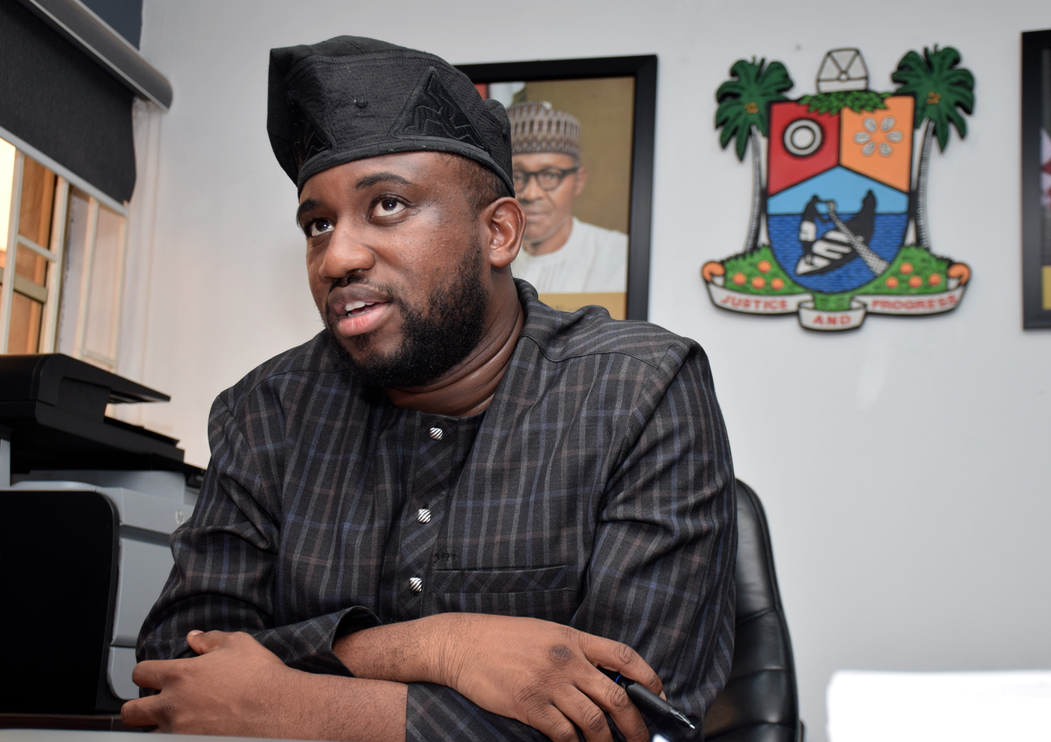
My previous role was that of an adviser to the vice president as a special assistant on power. Typically, I advised him on coordination and policy related issues with the Nigerian Electricity Supply Industry (NESI). We were really focused on the reform process to ensure the commercialisation of the sector for viability. This position afforded me a high-level overview of the electricity sector.
Advertisement
TheCable: How is the mandate of the LSEB different from the power distribution companies?
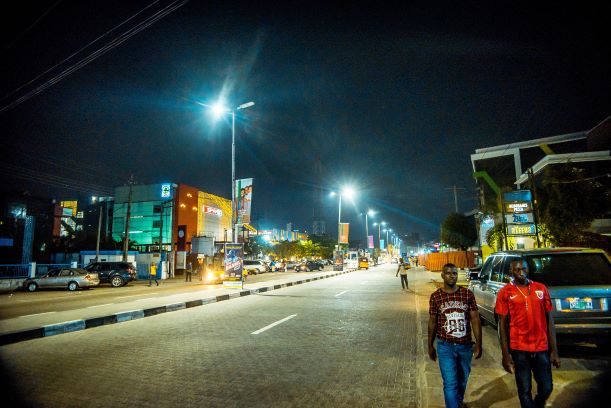
Tijani: Our mandate is different from the electricity distribution companies although there is an appreciable amount of overlap. LSEB is responsible for public lighting, independent power projects (IPP) for state-owned facilities and powering of communities that are completely off the grid, which is out of the DisCos network. We deal basically with powering streetlights, state-owned facilities like general hospitals, water works, state house, state secretariat, while DisCos interface with the residential and commercial customers.
TheCable: Can you list the Lagos communities not covered by the national grid that LSEB is providing services to?
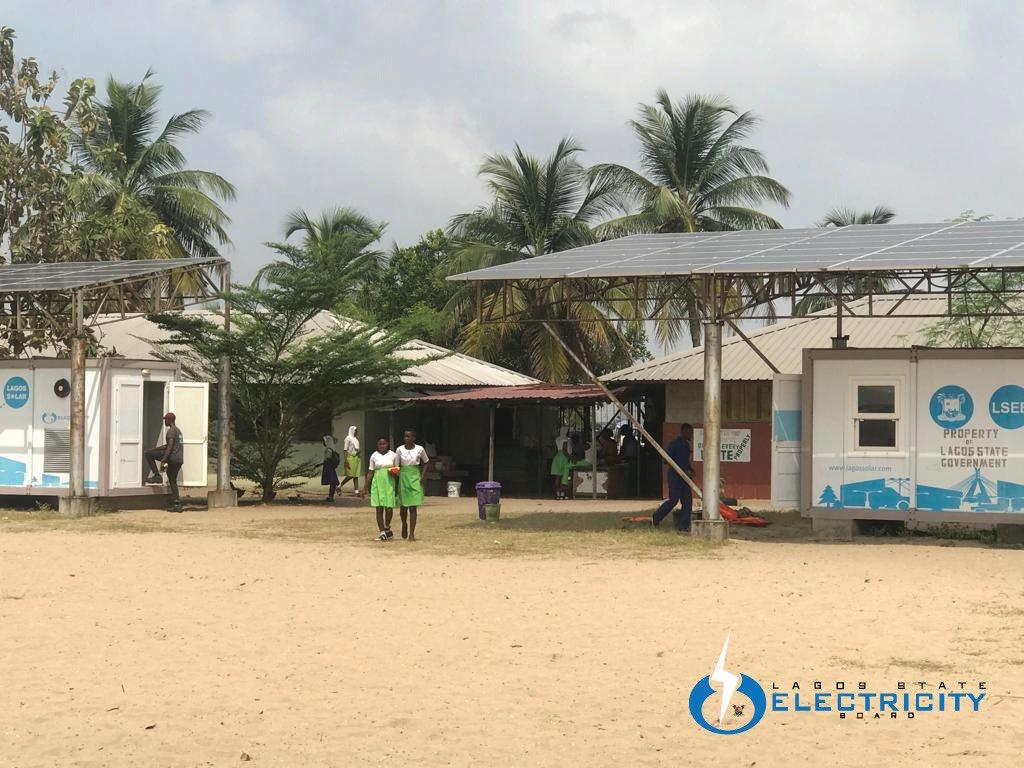
Tijani: Lagos is a blessed state in the sense that, of all the states in Nigeria, we have the least amount of areas not covered by the national grid. From every study I have seen, it is always around five percent of the state that is not covered by the national grid. The five percent are scattered in the riverine areas, they have accessibility issues, like some parts of Ikorudu, Takwa bay, Ilashe, outskirts of Epe and some places off the coast. Coming up with a solution for the five percent requires a robust study. The discussion is ongoing.
Advertisement
However, in some of these communities not covered by the national grid, we have deployed small solar systems around 20 kilowatts to some specific schools and primary healthcare centres. In the beneficiary health centres, drugs can now be stored onsite bringing a positive impact to the community. Overall, we have 213 solar systems spread across the state.
TheCable: Do you have plans for expanding the public lighting initiatives to areas that are not yet served?
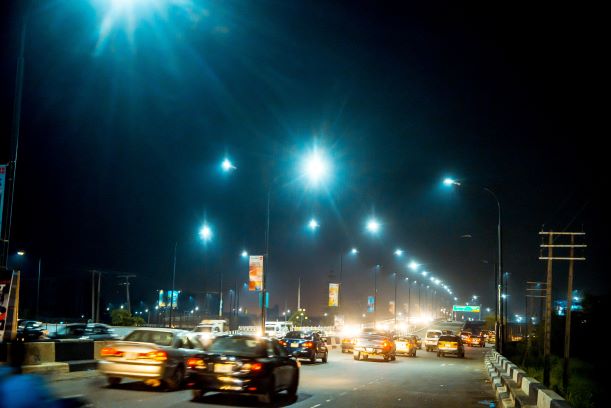
Tijani: As of today, we manage close to 1,300 kilometres of public lighting around Lagos state. A lot of these installations have been around for some time, so there has to be continuous maintenance of these assets and Governor Babajide Sanwo-Olu has been very supportive of the board to ensure we have everything it takes to execute our duty in maintaining the public lighting. As more roads are being constructed, we are working on expanding the network to ensure other places are not left behind and we are trying to do this efficiently with energy saving bulbs.
TheCable: Talking about the Independent power projects (IPP), do you think this is the best model or solution to unstable power supply?
Advertisement
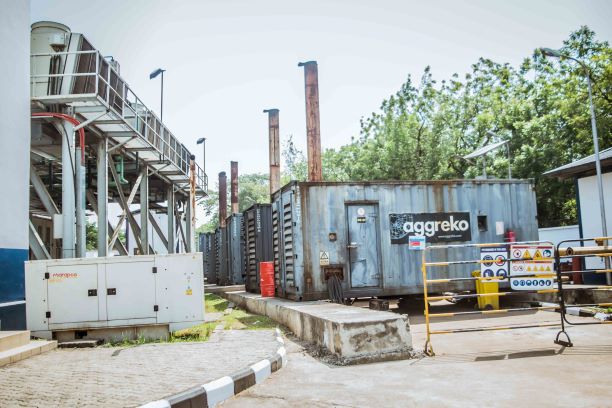
Tijani: An IPP gets a group of people that requires power and serves them all. But there is always a challenge with people paying for energy consumption but; there are technological solutions that can easily be implemented to ensure people pay for what they use; there is smart metering. For IPPs to be implemented successfully, you have to ensure that people are in demographically identical clusters so that everybody feels an ownership of the assets and the tariff is similar. Personally, I believe IPPs are way forward, they are far more transparent.
The electricity regulator has an embedded power regulation that stipulates how parties should go about IPPs, which carry along the DisCos, consumers and IPP providers.
Advertisement
TheCable: What are the challenges the board faces in carrying out its responsibilities?
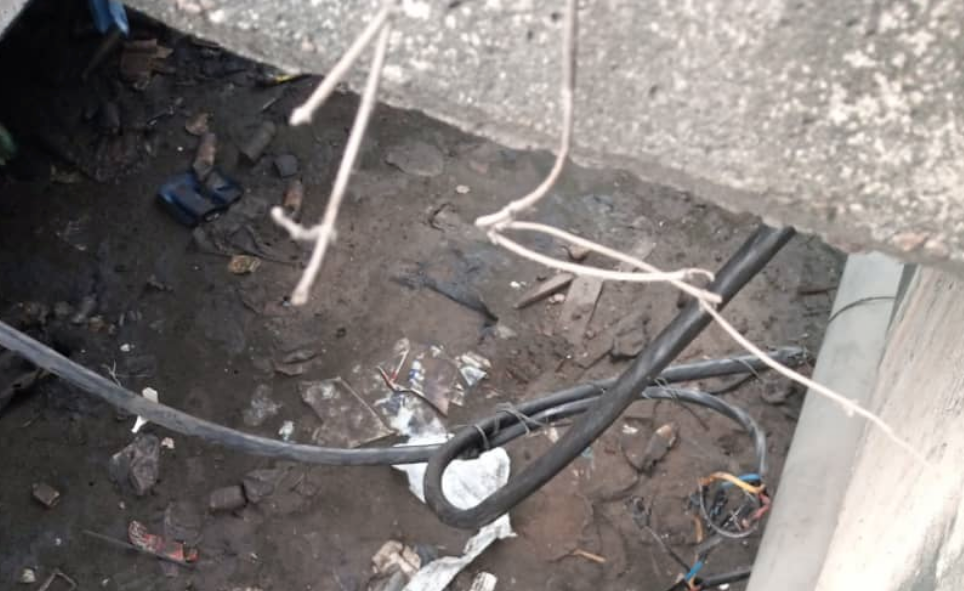
Tijani: Presently, the major challenge we face is the issue of cable theft and vandalism of streetlights. We encounter this issue frequently. However, we are committed to making sure all areas with streetlights are fully functional. We appeal to Lagosians to report any suspicious act, vandal, fallen/knocked down polls or non-functional streetlight by reaching out to us through our dedicated lines: 0810033199, 09090146682. Social media platforms: Twitter, Facebook, Instagram: @lseb_gov/ lagos state electricity board.
Advertisement
Add a comment

